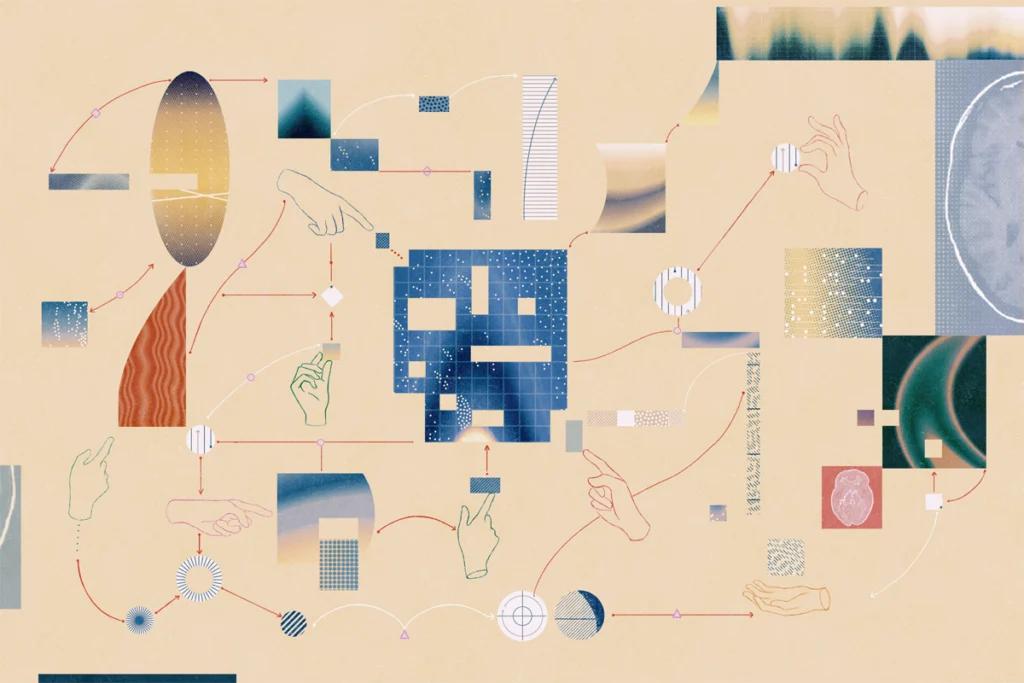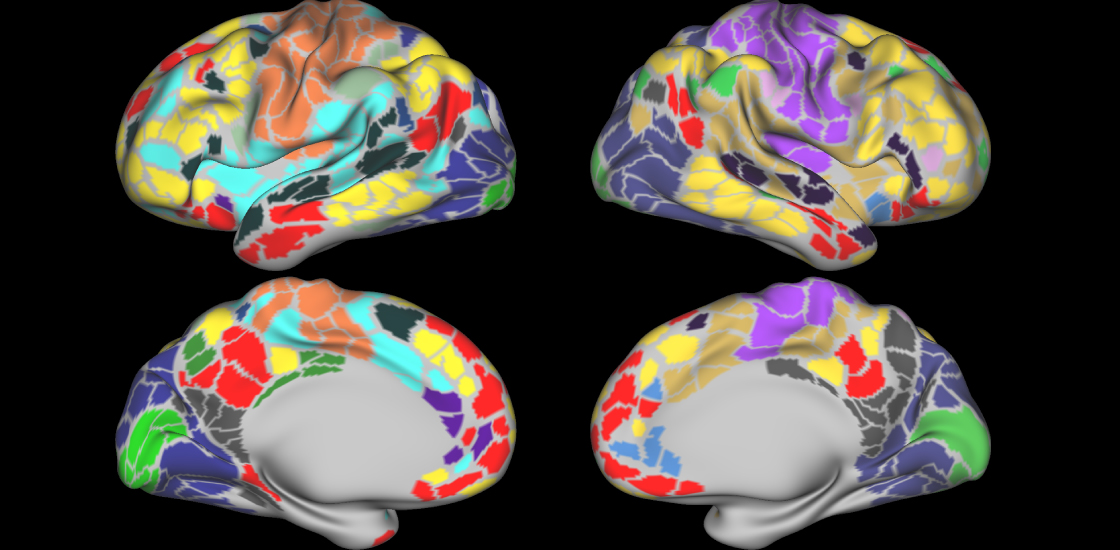Russell Poldrack is Albert Ray Lang Professor of Psychology at Stanford University in California and director of the Stanford Center for Open and Reproducible Science. His research uses a combination of neuroimaging, behavioral research and computational modeling to understand the brain systems underlying decision-making and cognitive control.
His lab also develops neuroinformatics tools to help improve the reproducibility and transparency of neuroscience, including the Openneuro and Neurovault data sharing projects and the fMRIPrep preprocessing workflow.
He received his Ph.D. from the University of Illinois Urbana-Champaign and did postdoctoral work at Stanford. He subsequently held faculty positions at Harvard Medical School, the University of California, Los Angeles, and the University of Texas at Austin before joining the Stanford faculty in 2014. He is the author of several books, including, most recently, “Statistical Thinking: Analyzing Data in an Uncertain World.”







